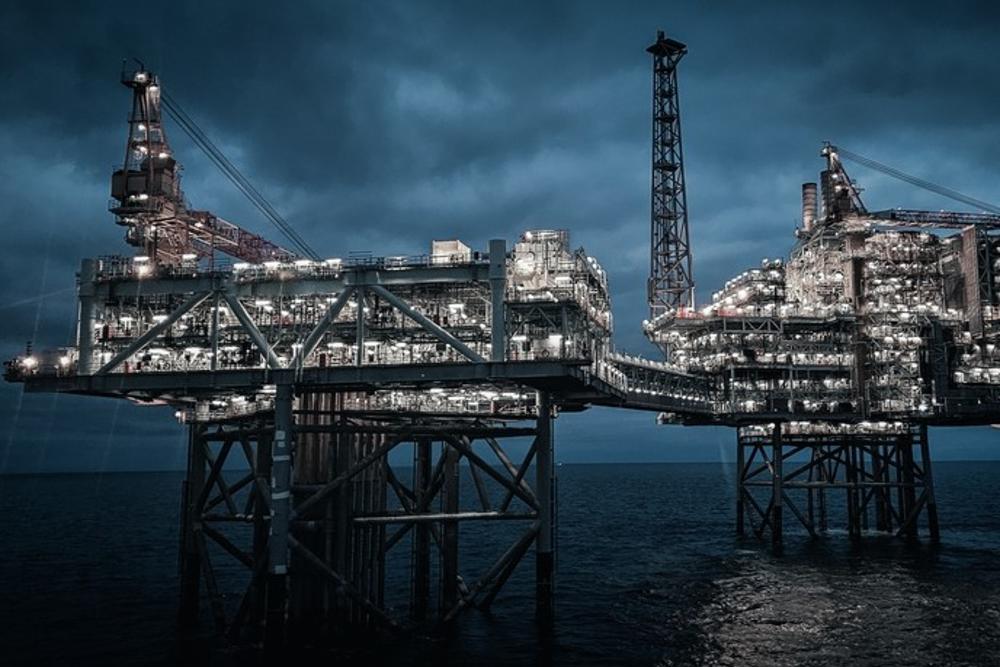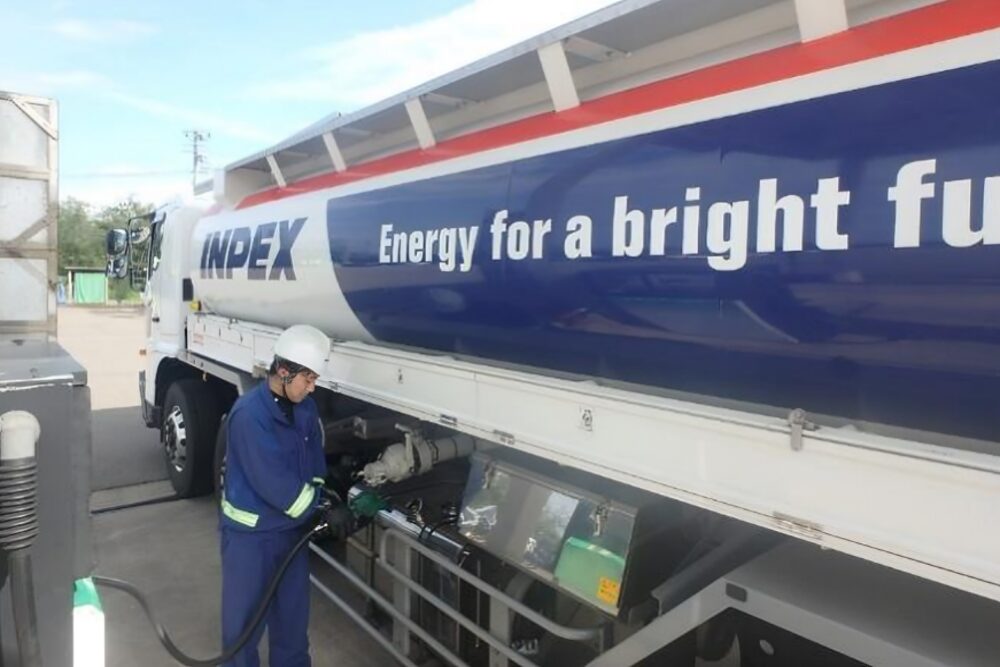
A critical shortage of seafarers is posing a significant threat to Australia’s energy security, national defence, and supply chain resilience, according to a new report.
The Maritime Workforce Position Paper, commissioned by INPEX and supported by the Australian Resources & Energy Employer Association (AREEA) along with leading maritime organisations, highlights the urgent need for an overhaul of maritime skills and training.
The report, backed by Maritime Industry Australia Limited (MIAL), the Australian Institute of Marine and Power Engineers (AIMPE), the Australian Maritime Officers Union (AMOU), and the Maritime Union of Australia (MUA), reveals several alarming trends:
- A substantial shortage of seafarers with internationally-recognised qualifications is necessary to service Australia’s strategically significant maritime assets.
- An ageing workforce in dire need of rejuvenation.
- A significant funding shortfall for maritime skills training to bridge the job gap.
These issues were first identified in the 2013 Australian Maritime Workforce Development Strategy, which was delivered by the current Prime Minister when he was the Minister for Infrastructure and Transport.
Bill Townsend, INPEX Australia Senior Vice President Corporate, noted that Australia’s pool of seafarers has declined by 23 per cent over the past year.
“We’re now seeing the demand for seafarers outstripping supply in circumstances approaching a flashpoint. This is a result of limited action in the past decade to ensure the training and crewing sustainability of the Australian shipping fleet,” Townsend said.
Globally, the maritime industry predicts a need for up to 89,510 additional officers by 2026, a challenge exacerbated by the pandemic.
Townsend emphasised that the shortfall directly impacts the maritime workforce’s capacity to support the expansion and maintenance of Australia’s offshore oil and gas sector.
Additionally, as Australia diversifies its energy mix, there will be a severe shortage of maritime professionals to support offshore wind farms and decommissioning work.
The report identifies poor training pathways as a central issue, with barriers such as high costs and limited access to berths for mandatory sea time hindering education and skills development.
It calls for a comprehensive government response and funding package to address these issues, streamline current pathways, and alleviate the financial burdens stifling the pipeline of ratings, engineers, and officers.
The Maritime Workforce Position Paper recommends four immediate actions to address the current maritime workforce shortages and two further recommendations over the next three to five years to ensure national resilience:
- Immediate Action: Secure funding for retention, training, and education in maritime workforce roles, reduce or subsidise RTO fees, and provide workforce support programs.
- Immediate Action: Launch a targeted recruitment campaign to attract individuals with transferable skills into maritime workforce demand areas.
- Immediate Action: Expand the talent pool by making existing STEM and technical vocational incentive programs available to those studying maritime qualifications.
- Immediate Action: Ensure seagoing berths are available on all vessels controlled under government and government-related contracts.
- 3-5 Year Action: Standardise education, training, and career pathways by establishing a national maritime training coalition with appropriate geographic distribution to facilitate effective maritime workforce development outcomes.
- 3-5 Year Action: Invest in technology and instructors to optimise skills acquisition, development, and deployment in the maritime sector.
The report underscores the critical need for immediate and sustained action to avert a crisis in Australia’s maritime workforce, ensuring the nation’s energy security, defence, and supply chain resilience are not compromised.




